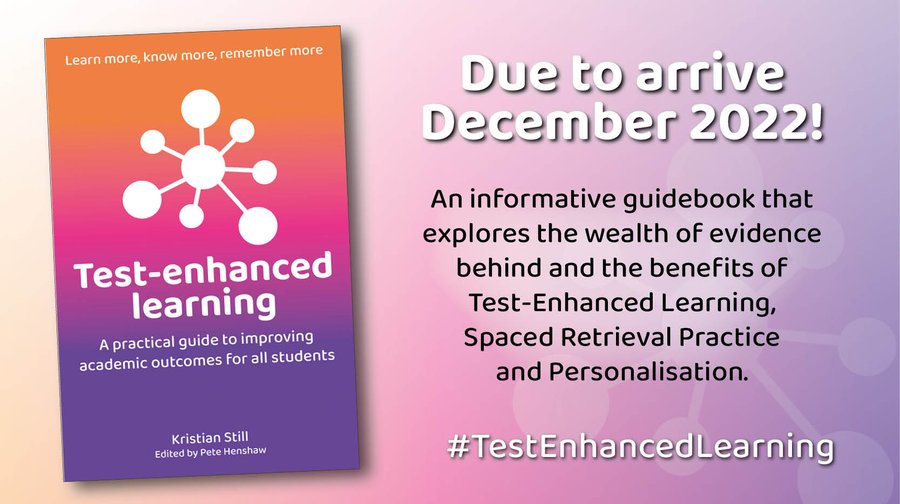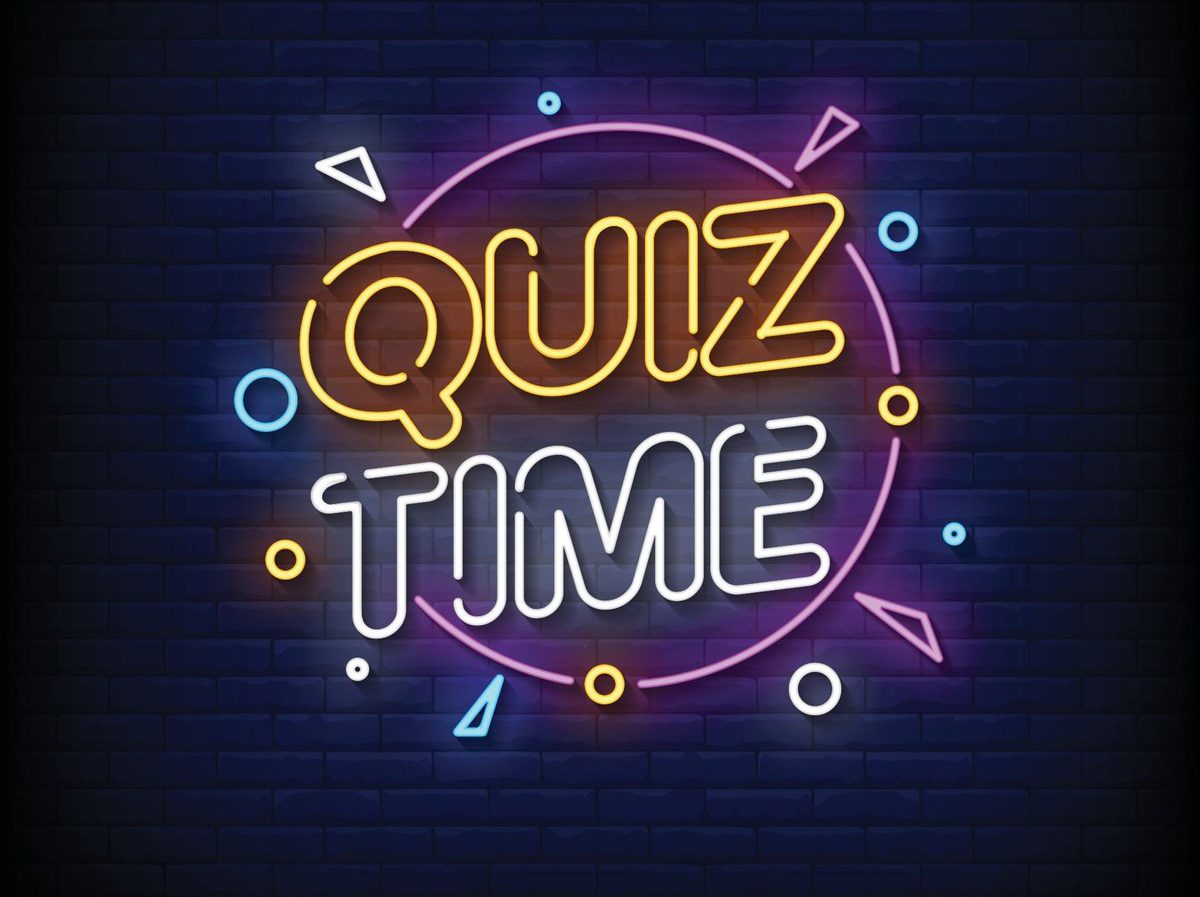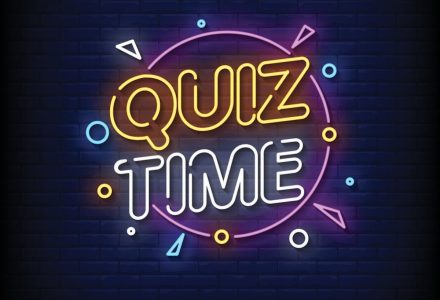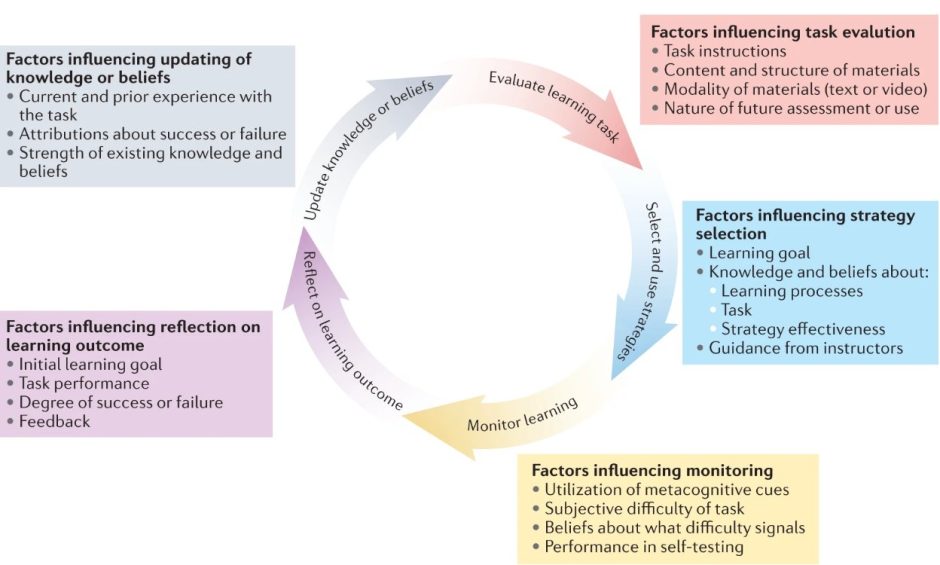If you occasionally swing past this blog you’ll not be surprised by the headline. What you may not be aware of is that quizzing also reduces course failure rates or increases the odds of passing a class.
“…the odds of passing a class went through the roof,” Sotola & Crede (2020).
Sotola & Crede (2020) analysed data from previously published studies, (52 classes, approaching 8,000 students, primarily college-level courses), to determine if frequent quizzes improved the students’ academic performance. That is quizzing at the coalface of teaching and not in the lab. They defined quizzes as low-stakes assessments of learned material that occurred at least once a week.
Results suggest a moderate link (d = .42) between the use of quizzes and academic performance, between frequent quizzing and student success. Quizzing is strongly correlated with academic performance (r = .57) potentially pointing towards the durability of learning through quizzing.
Quite rightly, Sotola advises even “a modest effect can have a large impact over the course of many years.”
The results from “Regarding Class Quizzes: A Meta-analytic Synthesis of Studies on the Relationship Between Frequent Low-stakes Testing and Class Performance,” held a few surprises. Crede noted that students who struggle the most in a class seem to benefit the greatest from frequent quizzes. When interviewed, he’s quoted as saying “The impact on struggling students was really remarkable.”
Why? They suggest that a) quizzing may reduce overconfidence reported more often in poor performing students and b) quizzing informs instructors who can revisit misunderstood concepts
On mode – Crede and Sotola suggest quizzes that require students to answer with written responses (or with free recall) proved more beneficial to their understanding of class material compared to multiple-choice questions (though note the small sample size). On whether the quiz was a surprise versus planned, or online or on paper, they were not concerned.
Our takeaways:
- Sotola & Crede (2020) support the external validity and generalizability of the testing effect and test potentiated new learning.
- Quizzes appear to be most effective when administered with high frequency and when feedback is immediately provided.
- Generation of an answer, as opposed to the recognition of a correct answer.
- Lower performing students are likely to benefit the most – from the diagnostic information provided by quizzing
- High quizzing contributes to potentiated learning (forward testing effects or future learning).

Sotola, L.K., Crede, M. Regarding Class Quizzes: a Meta-analytic Synthesis of Studies on the Relationship Between Frequent Low-Stakes Testing and Class Performance. Educ Psychol Rev 33, 407–426 (2021). https://doi.org/10.1007/s10648-020-09563-9
https://news.las.iastate.edu/2020/09/17/study-shows-quizzes-improve-academic-performance/



